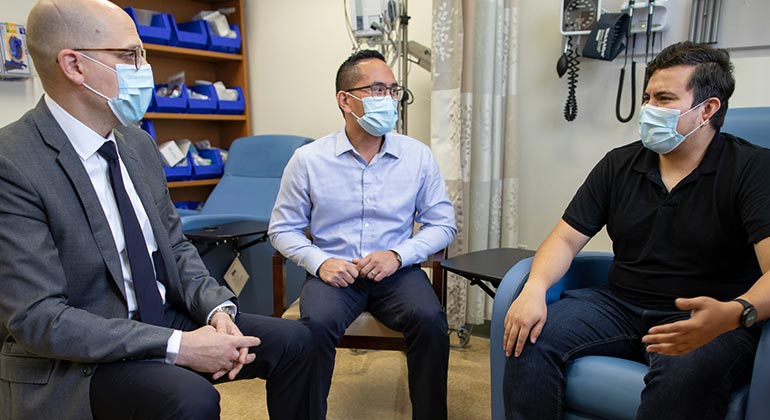Depression, a pervasive mental health disorder, affects millions of people worldwide. Traditional treatments, such as selective serotonin reuptake inhibitors SSRIs and cognitive-behavioral therapy CBT, have been the mainstay of depression management for decades. However, emerging trends in pharmacological treatments are paving the way for novel and potentially more effective interventions. These advancements are driven by a deeper understanding of the biological underpinnings of depression and the need for more rapid and sustained therapeutic effects. One significant trend is the development of ketamine and its derivatives. Initially used as an anesthetic, ketamine has gained attention for its rapid antidepressant effects, often observed within hours of administration. Unlike traditional antidepressants that primarily target the monoaminergic system serotonin, norepinephrine, and dopamine, ketamine acts on the glutamatergic system, specifically the N-methyl-D-aspartate NMDA receptor. This novel mechanism of action not only provides rapid relief but also benefits patients who are resistant to conventional treatments. The FDA-approved esketamine nasal spray, a derivative of ketamine, exemplifies this promising direction in depression therapy.

Another emerging trend is the exploration of psychedelics, such as psilocybin found in magic mushrooms and MDMA commonly known as ecstasy, for therapeutic purposes. Clinical trials have shown that these substances can induce profound psychological experiences that, when combined with psychotherapy, may lead to significant and lasting improvements in depressive symptoms. Psilocybin, in particular, has demonstrated potential in treating psychiatrist in San Antonio Texas treatment-resistant depression and major depressive disorder. The mechanism is thought to involve enhanced neuroplasticity and the disruption of negative thought patterns, providing a reset effect on the brain’s emotional circuitry. The role of neuroinflammation in depression has also garnered significant interest, leading to the investigation of anti-inflammatory agents as potential antidepressants. Research suggests that inflammation may contribute to the pathophysiology of depression in a subset of patients. Consequently, anti-inflammatory drugs, such as nonsteroidal anti-inflammatory drugs NSAIDs and cytokine inhibitors, are being explored for their antidepressant properties. This approach aligns with the growing understanding that depression is a heterogeneous disorder, necessitating personalized treatment strategies.
Advances in pharmacogenomics are another promising frontier. By analyzing genetic variations that influence drug metabolism and response, pharmacogenomics aims to tailor antidepressant treatments to individual patients. This personalized approach can potentially reduce trial-and-error prescribing, minimize side effects, and improve overall treatment outcomes. Companies are developing pharmacogenomic testing panels that guide clinicians in selecting the most suitable antidepressant based on a patient’s genetic profile. Lastly, the integration of digital health technologies into pharmacological treatment is reshaping the landscape of depression management. Mobile apps and wearable devices are being used to monitor patients’ symptoms, adherence to medication, and treatment response in real-time. These technologies can provide valuable data that inform treatment adjustments and enhance patient engagement. Moreover, digital therapeutics, which combines software applications with pharmacological treatments, is emerging as adjunctive tools to support and optimize depression therapy.
